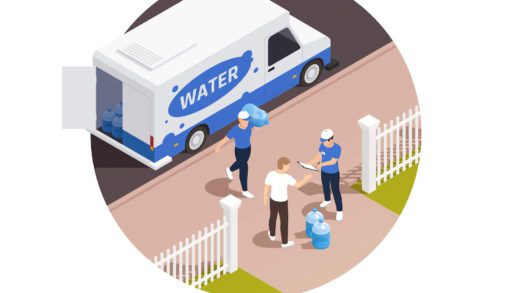A significant principle used in modern addiction theory is that addiction, drug or alcohol, is a chronic illness. Of course, several scientific advances indicate that the addictive use of drugs or alcohol is a chronic, relapsing disease resulting from prolonged effects of alcohol or drugs in the brain.
Although any disorder defined as chronic relapsing often has very slim chances for elimination, this does not imply that drug and alcohol addiction recovery is impossible. With an effective treatment mechanism, one can fully recover from drug or alcohol addiction.
What Is Addiction?

It is vital to know the definition of addiction if you want to understand addiction as a chronic relapsing condition. Generally, addiction is a disorder of the brain. The National Institute on Drug Abuse (NIDA) further defines the addiction menace as a chronic, relapsing disease characterized by a compulsive desire for drugs despite adverse consequences.
The condition is manageable. However, this definition implies that the most effective way to manage this condition is to devise a long-term or permanent clinical management approach. Notably, the process will also have setbacks in the form of excessive alcohol or drug use. That is the reality.
Some of the symptoms of addiction include loss of control over drug or alcohol use, a compulsive demand for the substance in question, and a negative emotional state on lack of it.
Drug and Alcohol Addiction Goes Beyond a Simple Brain Disease

Drug and alcohol addiction goes beyond a simple brain disease. Its manifestations are very severe. Besides, addiction happens in critically important social contexts. The environment you are in determines your cravings or lack of them. And that is why changing the surrounding of a rehab recruit often comes with success in one’s recovery.
Addiction to drugs or alcohol has the potential to change the wiring of an addict’s brain. And while not everyone who uses alcohol or drugs will become an addict, these substances can alter changes in your behavioral control, decision-making, and judgment.
Do not get this twisted. The intoxicating effects of drugs or alcohol are entirely different from those that happen in an addict’s brain. The brain of an addict undergoes more severe and long-term changes whose treatments are more demanding.
Addiction as A Chronic Relapsing Disorder
For several years, professionals only regarded addiction as a choice of lifestyle. But with extensive scientific researches, clinicians now have a better understanding of addiction and its effects. Recent studies classify the menace as a brain disorder because of its effects on the brain. As you probably already know, addiction has behavioral and social effects.
Undoubtedly, addiction is not an acute condition. It is a chronic relapsing condition that is impossible to treat with a single treatment session. That explains why many clients who undergo single treatment sessions will find it difficult to maintain total abstinence.
So, even after you undergo rehab sessions, there is still a lot that you should do to ensure that you stay within the recovery path and remain sober. Just like Type 2 diabetes does not have an outright cure, drug and alcohol addictions, too, do not have a single known cure. However, this does not mean that addiction is not manageable.
Alcohol and Drug Rehabilitation
As mentioned earlier, addictions are manageable, albeit over a while. Relapses occur, and this does not mean failure in the recovery process. Instead, a relapse means that you need to seek professional assistance.
A good treatment strategy is multifaceted. It includes behavioral, social, and biological components. And this is what Impact Recovery Center uses to record remarkable success with their clients





No Comments